I’ve often marveled at an actor’s ability to play diverse characters with ease because it’s nothing short of magical, to see actors play trigger-happy action heroes with the same natural flair, as they play heartbroken lovers.
It’s also magical because it’s rare – especially in Bollywood, where we have more stars than actors. And then, every once in a while, we come across someone like Vicky Kaushal – an actor, a star, and one hell of a performer.
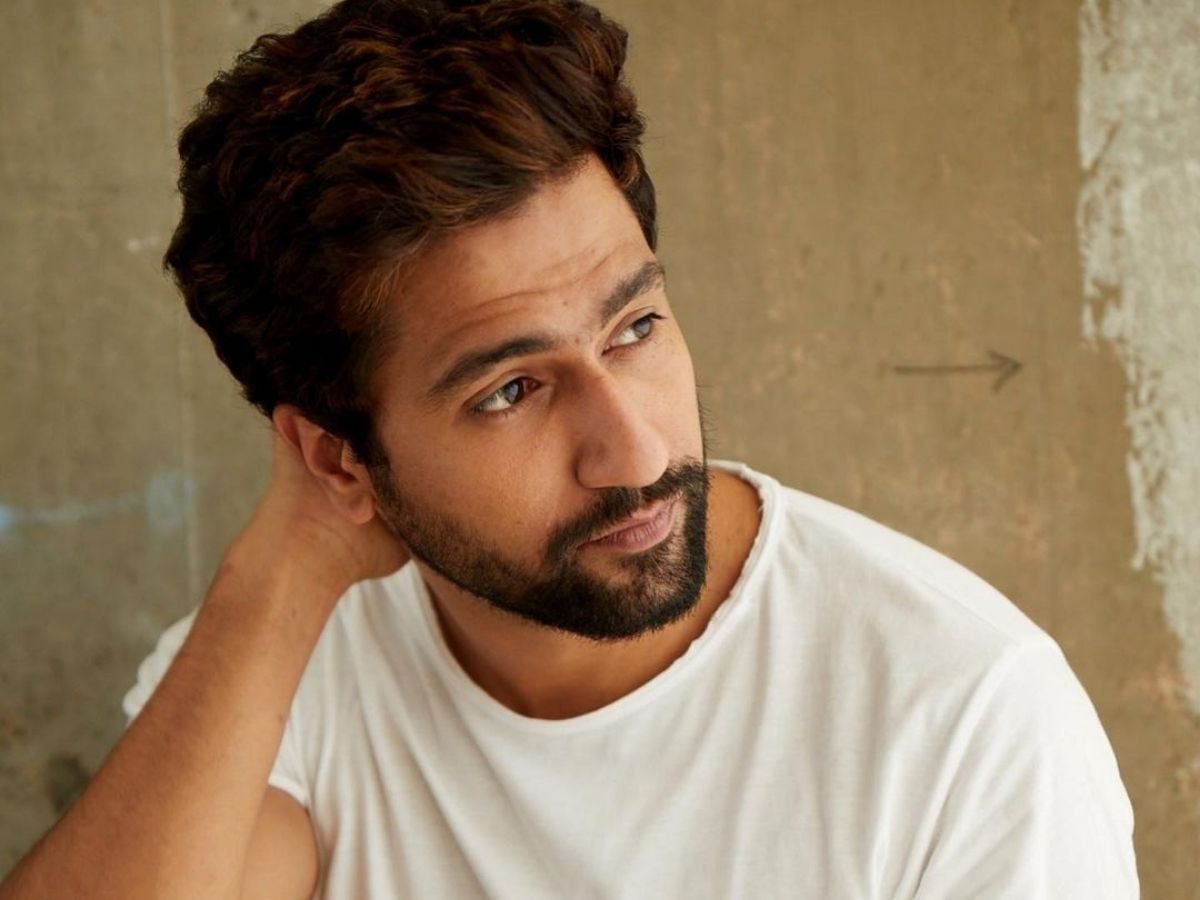
I’ve been a fan of Kaushal’s earnest performances since his debut in Masaan, in 2015. And while my love for his characters continued to grow, I also did not think there was a role that could eclipse Deepak. Simply put, I did believe that Kaushal’s career-defining role came with his debut itself.
And then he played Sardar Udham Singh in Shoojit Sircar’s Sardar Udham.
With just one role, he made me cry, smile, hurt, and actually understand the pain of India’s freedom struggle – something we often forget, thanks to the prevalent practice of twisting history through jingoism.
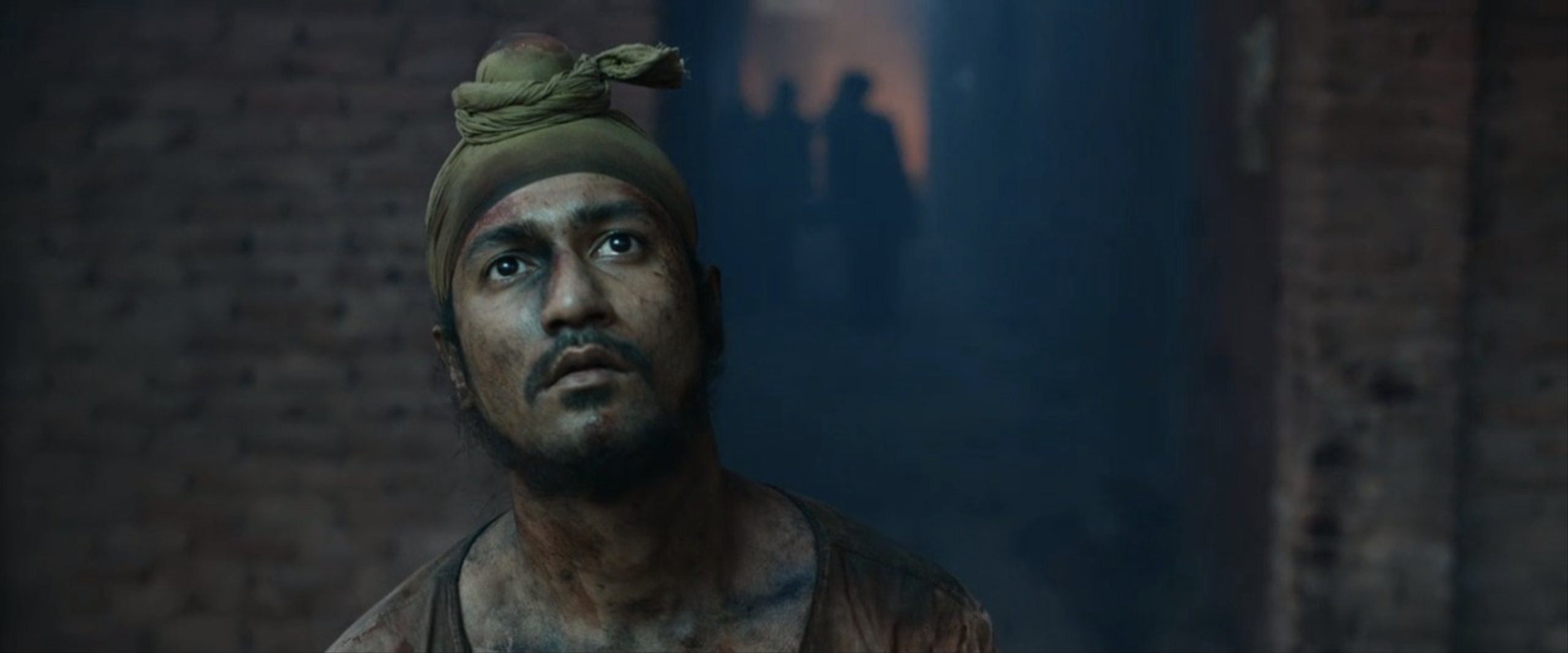
With just one performance he made me fall in love with biopics again – a genre Bollywood has exploited as much, if not more, than vulgar comedies and senseless action dramas.
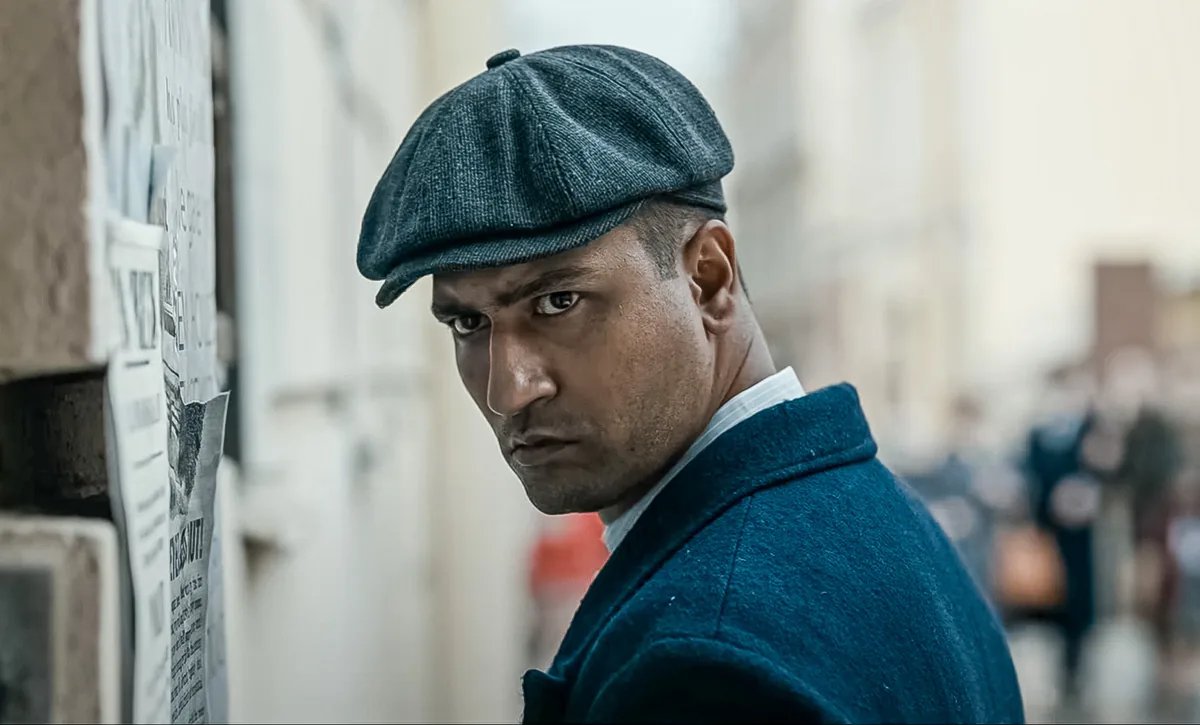
With just a handful of dialogues and one impassioned speech, he showed what happens when an actor truly commits to his craft – and does not rely on physical transformations alone (that are certainly tough to achieve but alone, do not define acting).
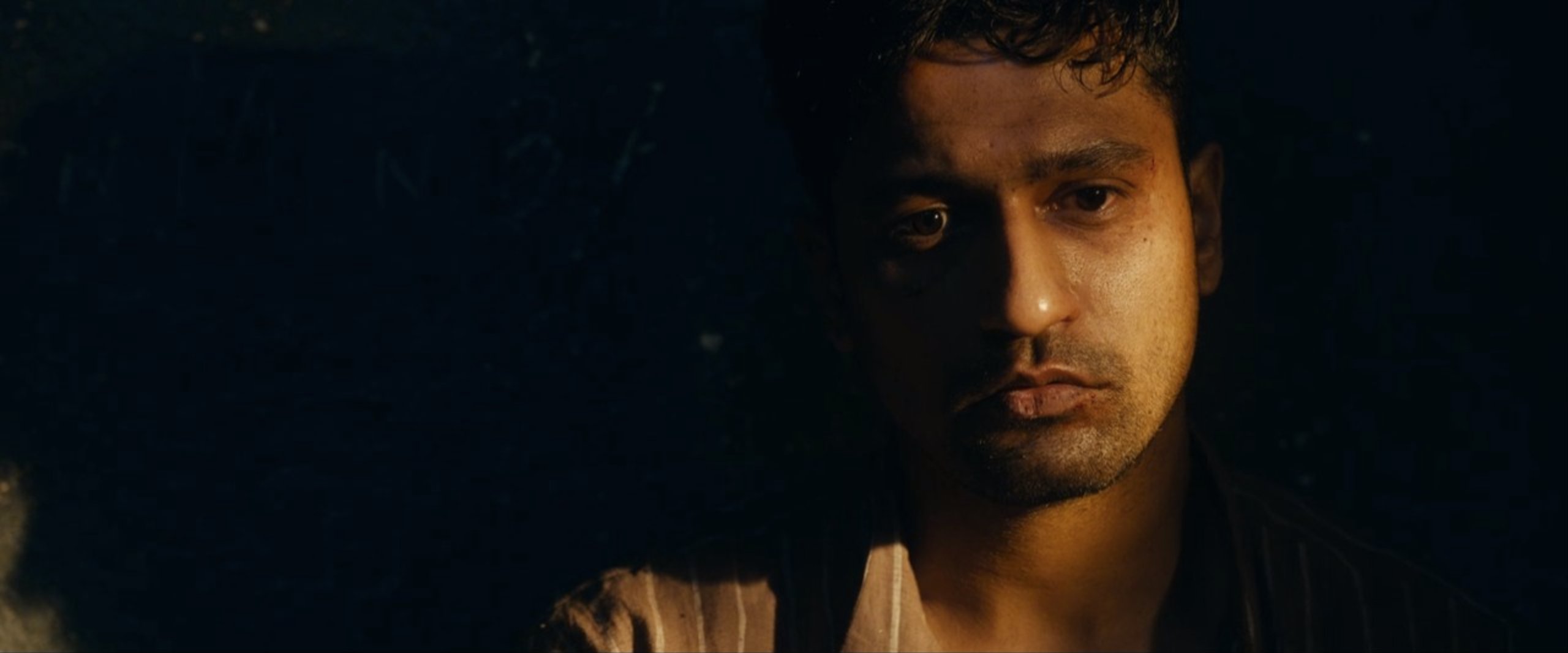
The pandemic led to many movies releasing directly on OTT platforms, and the lines between web series and movies blurred even further.
And that’s how we came across performances, from veterans and newcomers alike (Pavan Malhotra in Tabbar, Vidya Balan in Sherni, Ranjan Raj in The Kota Factory) that set the bar high.
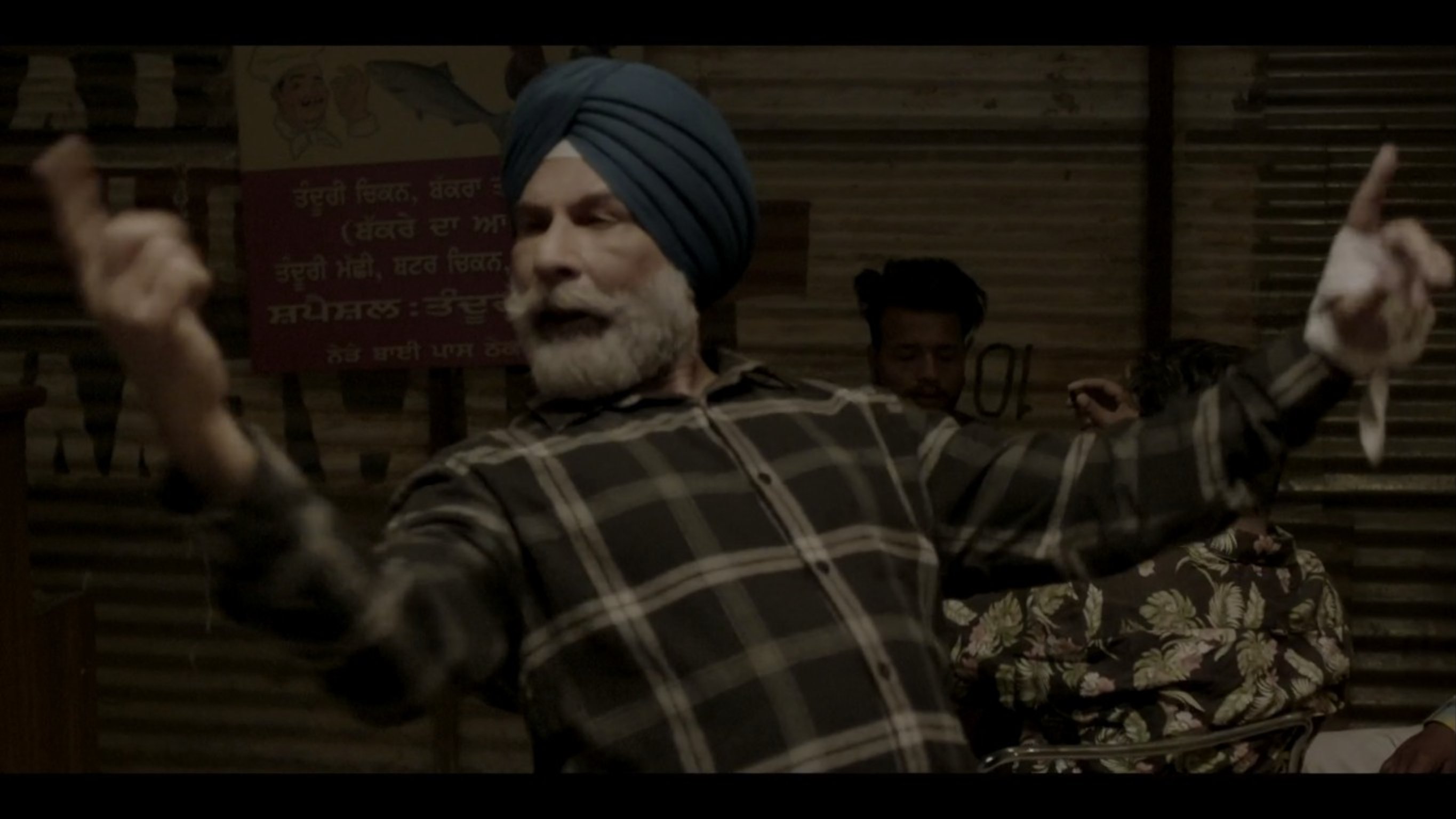
While they were all equally brilliant, it was Kaushal’s Udham Singh that I found impossible to shake off. Perhaps because of how he made a revolutionary relatable.
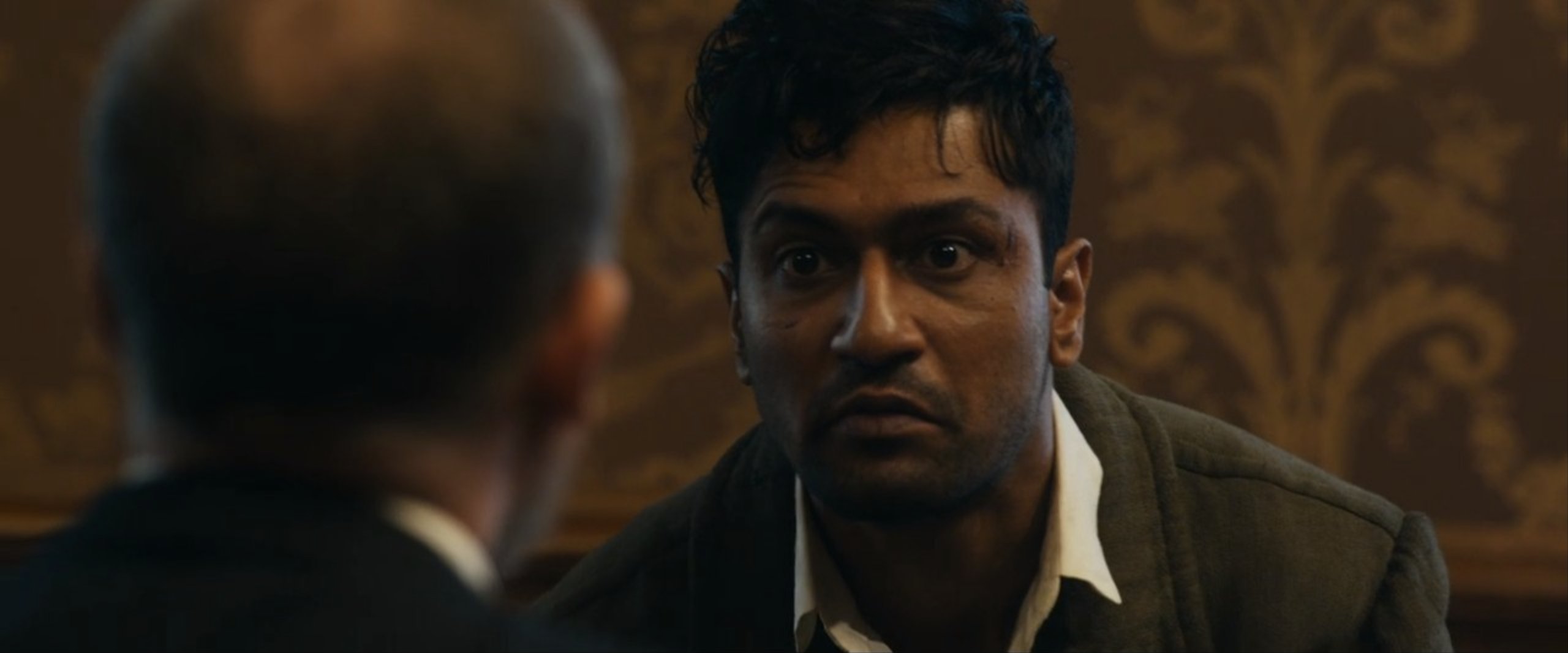
After all, tales of our freedom fighters have long been used to inspire us – but there aren’t many of us who can relate to what moved them, at a young age, to sacrifice their lives. We know of their sacrifices, but we don’t know of the ideologies that shaped them and the values they believed in.
Though widely different in treatment, it was this same thought that Rakeysh Omprakash Mehra’s Rang De Basanti explored, with Aamir Khan, Kunal Kapoor, Soha Ali Khan, etc. It was this same realism that Meghna Gulzaar’s Raazi showcased with Alia Bhatt.
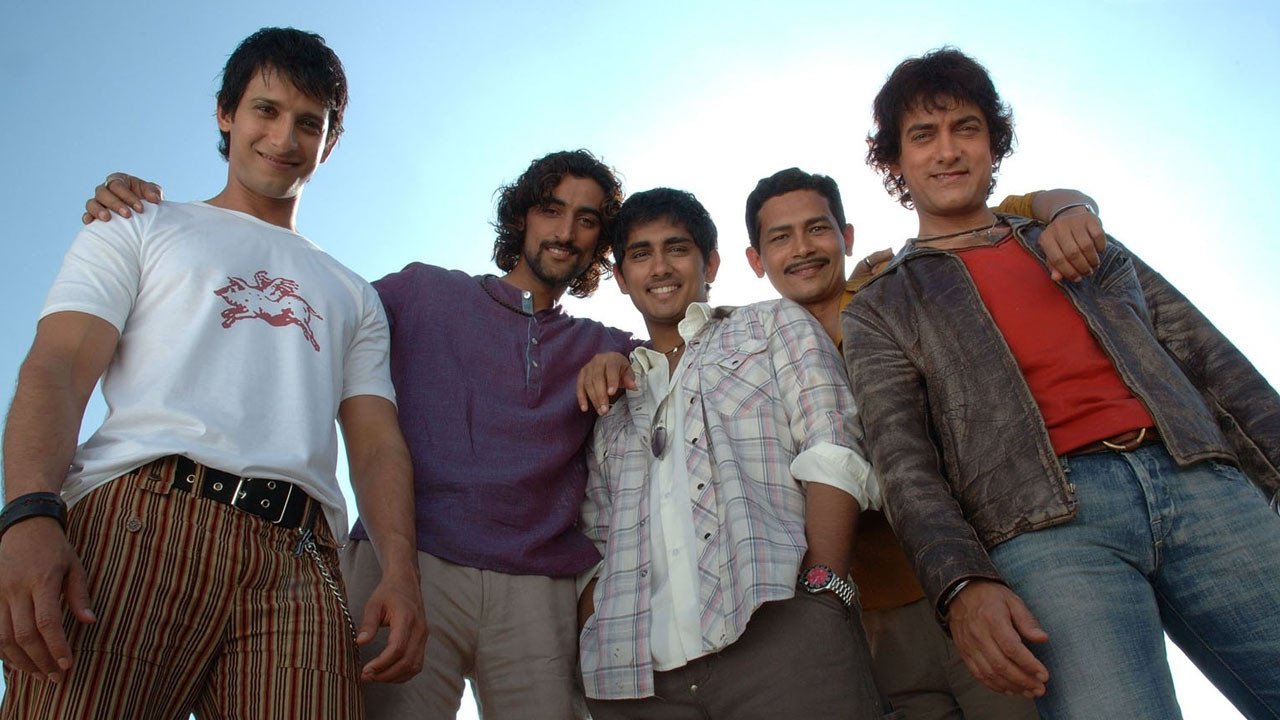
And that’s exactly what Vicky Kaushal did, by ably bringing alive Shoojit Sircar’s vision of Sardar Udham Singh to life – he made him relatable.
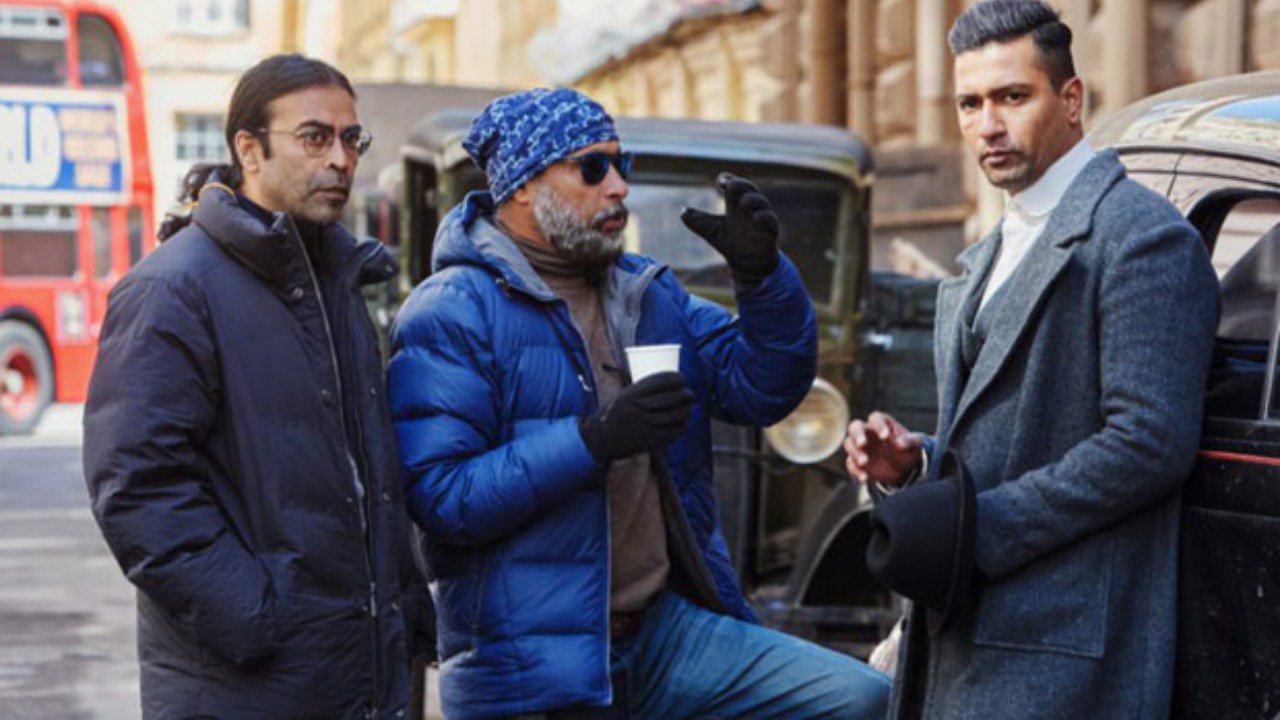
He made it easy for us to feel the anguish and grief that shaped a young man. He didn’t make Sardar Udham a hero (though his acts were heroic) – he made him one of us.
To give him due credit, Kaushal has always had a knack for making his characters appear relatable. But after Masaan, Sardar Udham was the first time that I raged and cried with him.
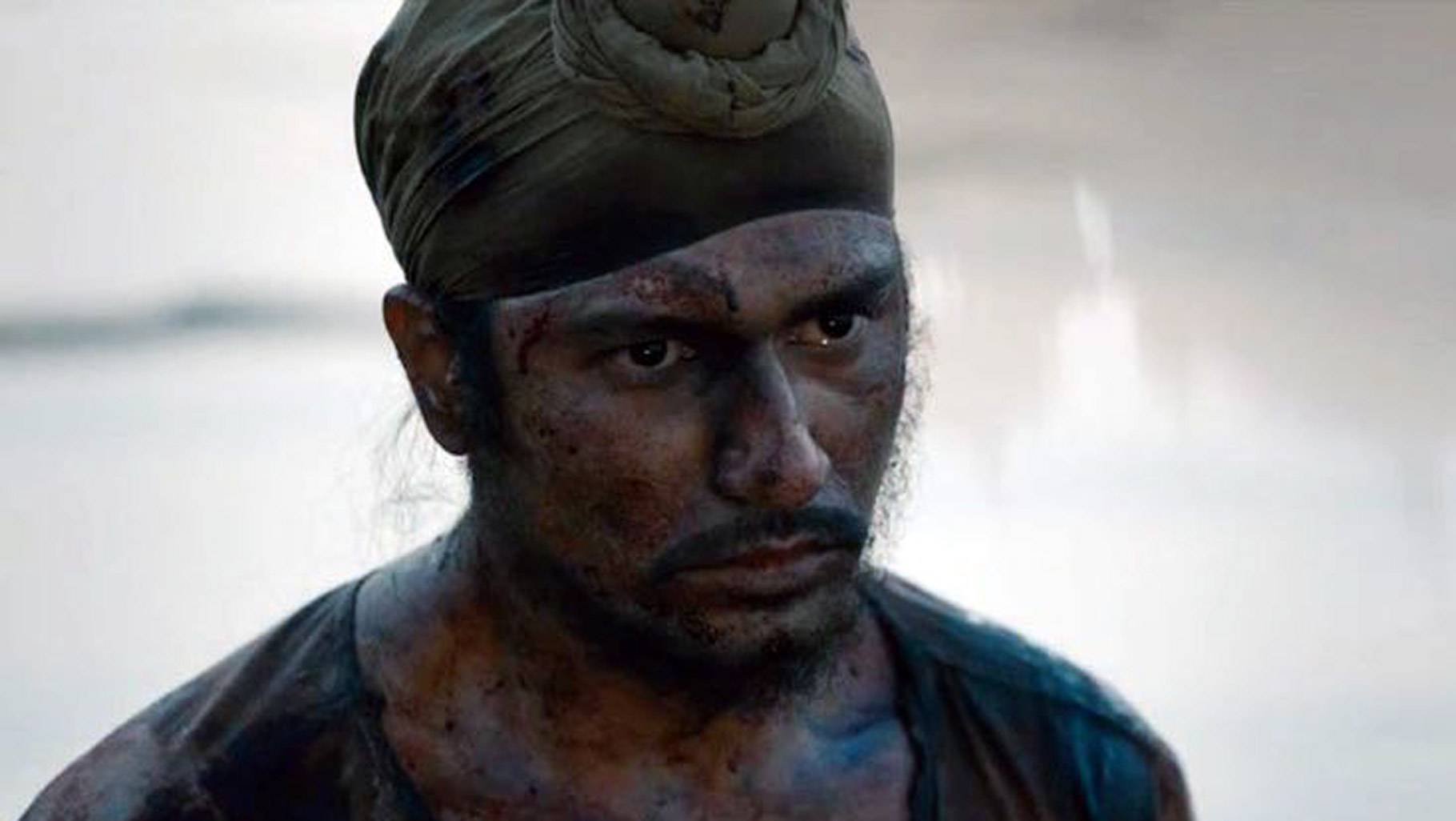
I can’t know what Kaushal aimed to achieve when he set out to do the film. I don’t know how he battled the idea of standing in place of one of the industry’s finest, the late Irrfan Khan, and not letting it overpower his act.
All I know is he delivered the performance of a lifetime with Sardar Udham, and even if there were things I could pick apart from the movie, his performance for me, was flawless.
All images from Amazon Prime Video, unless specified otherwise.

















